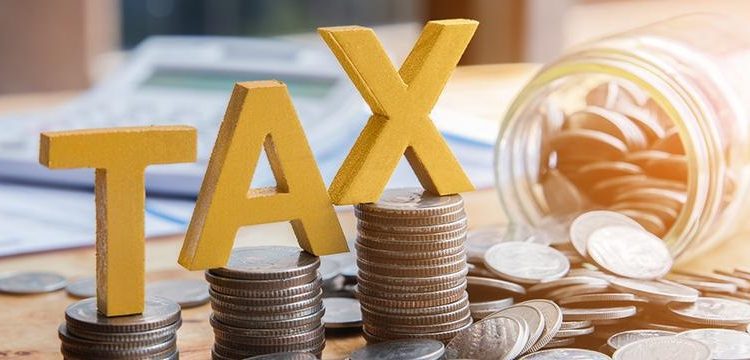GREATER ACCRA contributes almost 90 per cent of Ghana’s domestic tax; while the Ashanti, Western and Eastern regions together contribute barely 3 per cent of domestic taxes.
Finance Minister Ken Ofori-Atta, who mentioned this to Parliament yesterday, said out of the total population of 30.8 million, only 2,364,348 persons were bearing the burden of the entire population as tax payers as at August 2021.
According to him, Ghana had a registered voter population of 17,027,941 as at 2020, however, only 1,643,839 persons were captured by SSNIT as active contributors to Tier 1 pensions and 2,107,322 (less than 10 per cent of the total population) as active contributors to Tier 2 as at June 2021.
He said only 45,109 entities are registered as corporate taxpayers while only 54,364 persons are registered as self-employed taxpayers at the Ghana Revenue Authority (GRA).
Additionally, only 136,198 entities are registered businesses at the Registrar-General’s Department as at August 2021 of which 80 per cent are self-employed.
“Mr. Speaker, compared to our peers within the middle-income brackets, these statistics are a poor reflection on us and we need to change the narrative. We must resolve that by the next Census, we should have changed these statistics to become an upper middle-income country in line with our Ghana Beyond Aid agenda. We must eclipse a 20% threshold of revenue to GDP ratio by 2024,” he intimated.
Noting that domestic revenue mobilisation was the key to making the vision of ‘Ghana Beyond Aid’ a reality, he emphasised “We cannot, therefore, as a nation continue to depend on only 8.2 per cent of our citizens to carry the burden of 30.8 million people. This is unsustainable and defeats all the tenets of economic prudence and moral justice. In the coming year, Government will introduce measures that will revamp industry and make their products competitive in both the local and international markets.”
Combat Measures
He said the Ghana Revenue Authority (GRA), buoyed by Revenue Assurance and Compliance Enforcement (RACE), will continue with its enhanced compliance measures to expand coverage and plug revenue leakages.
“The Modified Taxation System introduced in 2015 through the Income Tax Act, 2015 (Act 896) is to provide a simplified system of tax compliance for the informal sector and small scale individuals in business. This law will be amended to increase the threshold from GH¢200,000 to GH¢500,000 per annum,” he stressed.
He continued that the exports of unprocessed gold by small-scale miners through official channels have dwindled from over one million six hundred ounces in 2019 to below one hundred thousand ounces as at September 2021 through smuggling.
“To stem this tide, Government in consultation with the stakeholders in the industry has decided to reduce the withholding tax rate for sale of unprocessed gold by small-scale miners on whom the incidence of the tax is from 3 per cent to 1.5 per cent. Government is committed to working with the relevant agencies and stakeholders in the industry to ensure compliance,” he disclosed.
Furthermore, he said property rates had the potential to increase revenue mobilisation for MMDAs and release resources for provision of basic infrastructure as well as the needs of localities.
“Property rate assessment and collection pose a challenge to most MMDAs and are fraught with inefficiencies. Government, through the Ghana Revenue Authority, will from January 2022, assist the MMDAs to implement a common platform for property rate administration to enhance property rate collections and its accountability. This is expected to ensure cost recovery by Government in providing the infrastructure for the collection of the rate, a sharing ratio will be agreed with the assemblies,” he indicated.
BY Ernest Kofi Adu


